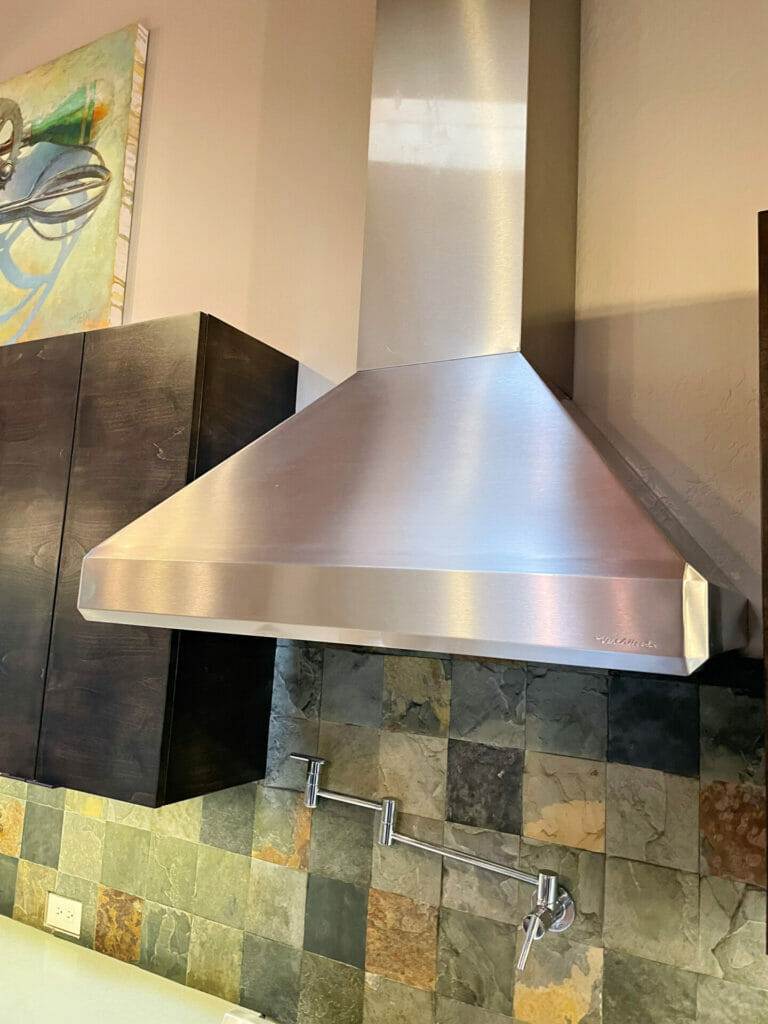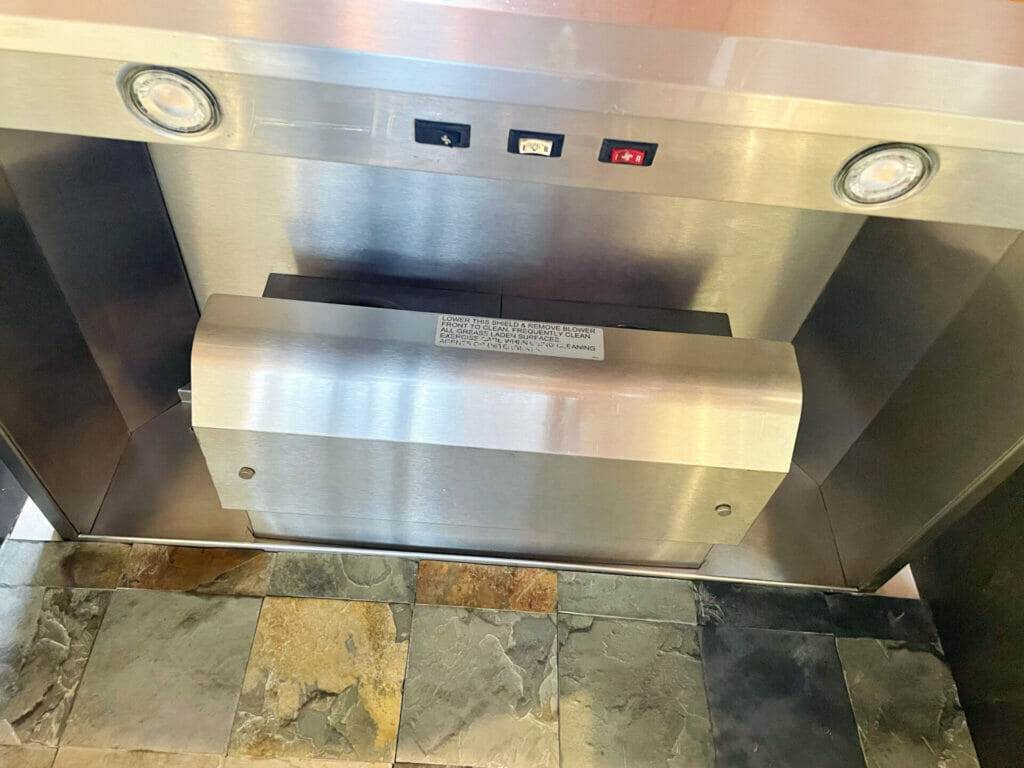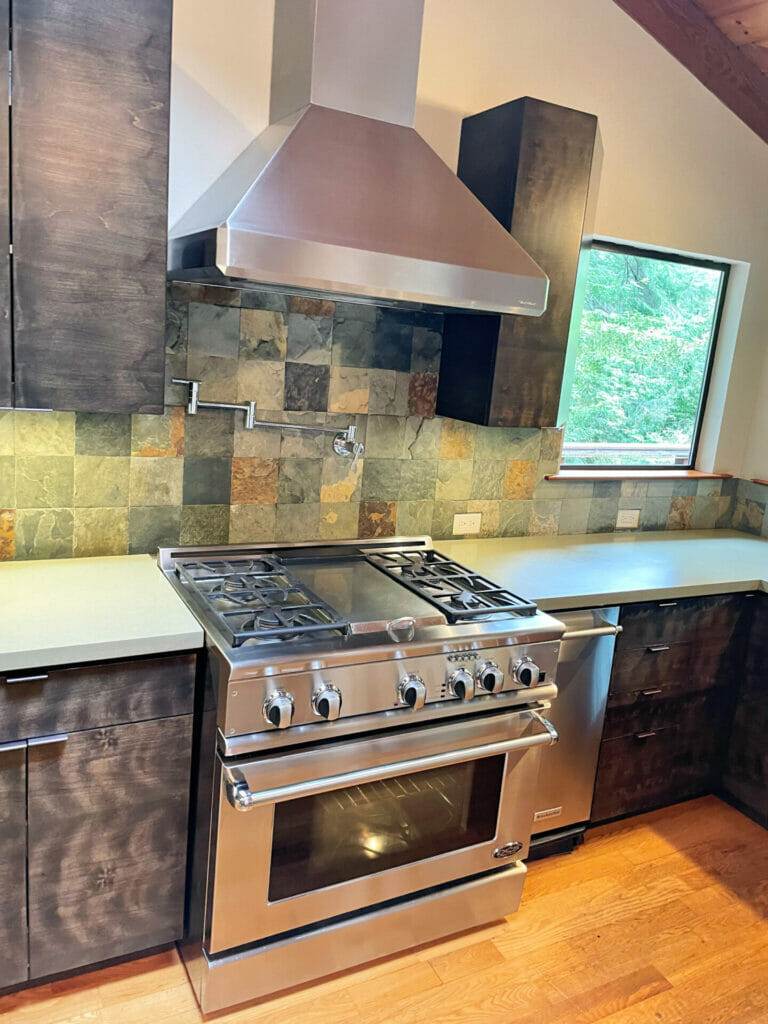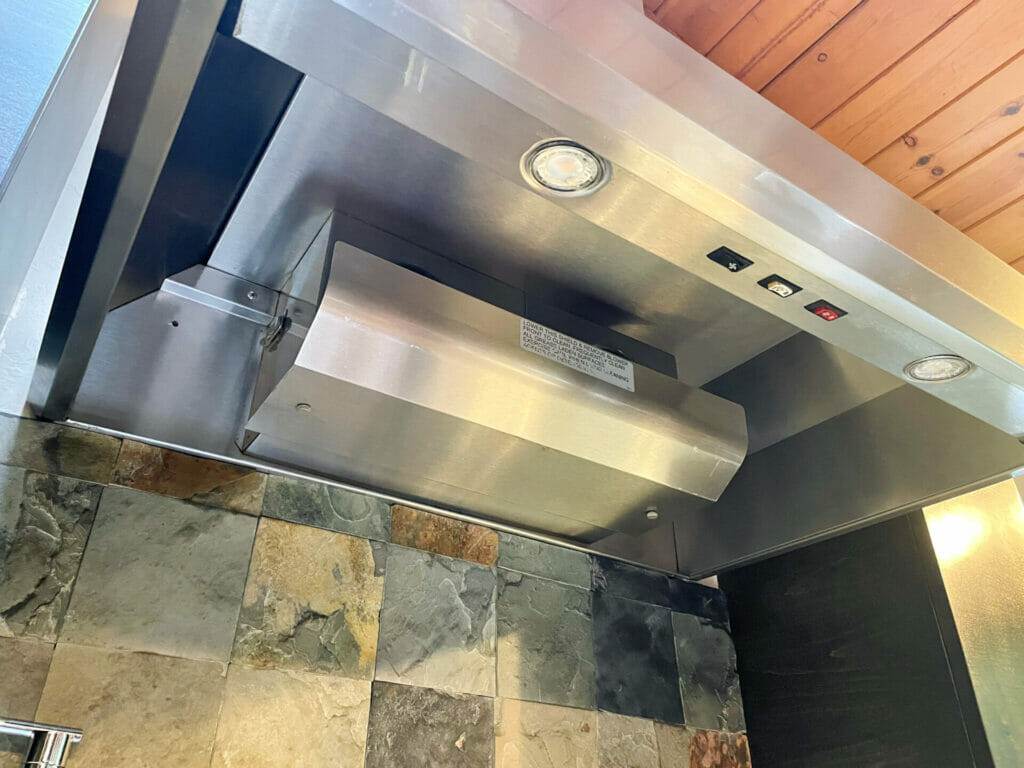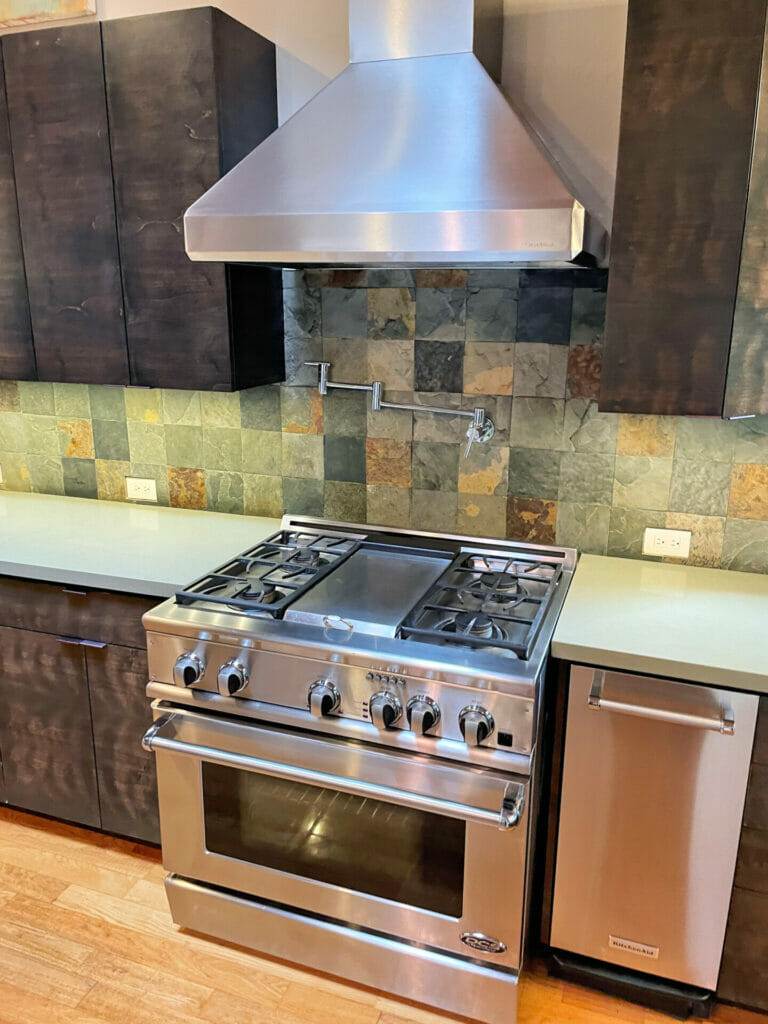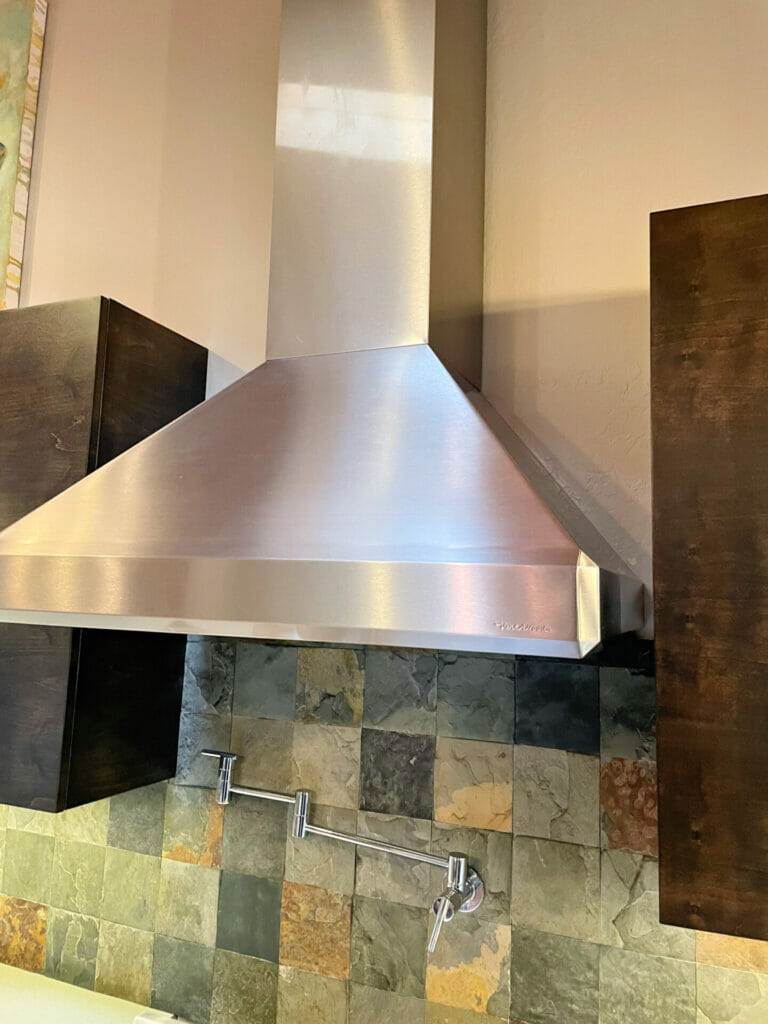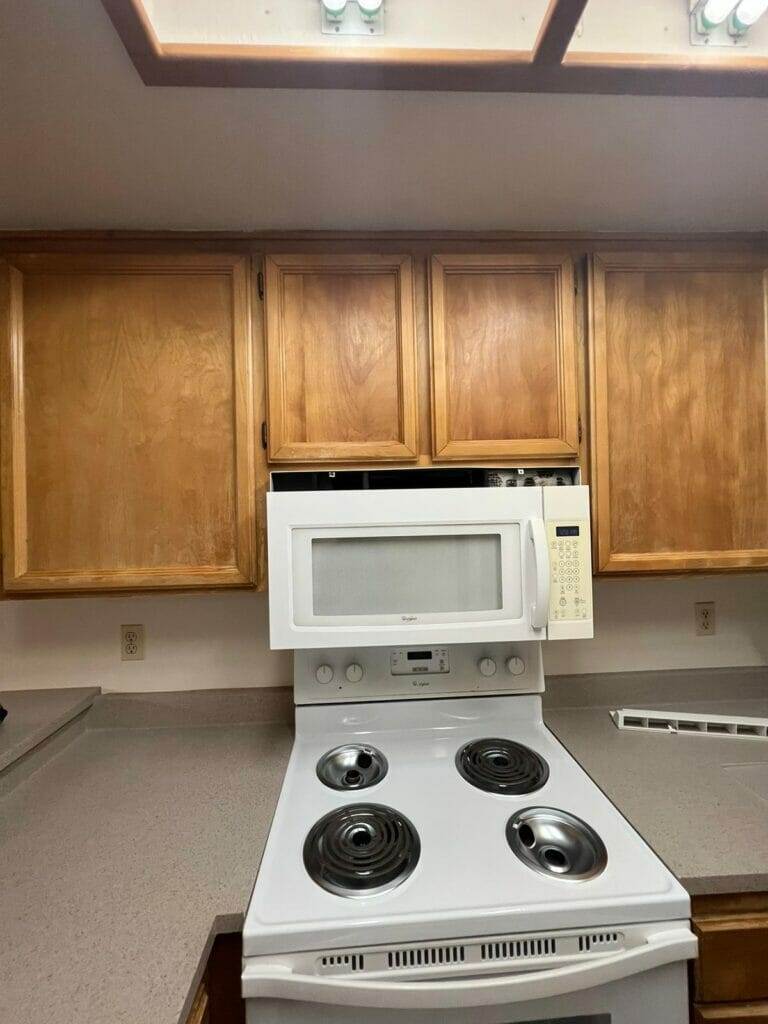Importance of Deep Cleaning Your Range Hood: Tips and Tricks for a Grease-Free Kitchen
Why is it Important to Deep Clean Your Range Hood?
Deep cleaning your range hood is essential for several reasons, including removing grease buildup to ensure fire safety, as accumulated grease can be a potential fire hazard. It also helps improve air quality in your kitchen by eliminating the pollutants and allergens that the range hood collects over time, thus maintaining a healthy environment. Regular deep cleaning extends the lifespan of your range hood by preventing component wear and tear caused by dirt and debris. Additionally, it enhances the aesthetics of your kitchen range hood, making it look more attractive and well-maintained. Lastly, thorough cleaning helps reduce cooking odors and smells that may linger in your kitchen after cooking sessions, providing a fresher atmosphere.
What are the Most Common Problems with Dirty Range Hoods?
Unpleasant Odors and Airborne Particles
To reduce grease smell and prevent allergens from sticking to grease, it’s crucial to keep the hood clean. Regular maintenance is essential for maintaining good air quality and minimizing unpleasant odors. Here are some steps you can follow:
- Clean the filters regularly – The filters help trap airborne particles and grease in the air. Cleaning them frequently will ensure they work efficiently. For removable filters, you can typically wash them in warm, soapy water or place them in a dishwasher if they’re dishwasher-safe. Be sure to check your hood’s manual for specific cleaning instructions.
- Wipe down surfaces – Regularly wipe down all surfaces of your hood with a damp cloth or sponge soaked in warm, soapy water. This will help prevent grease buildup and reduce unpleasant smells.
- Use a degreaser – Grease buildup can be stubborn; using a commercial degreaser specifically designed for kitchen hoods can make the job easier. Follow the manufacturer’s instructions closely when using these products.
- Clean ducts and vents – Over time, grease accumulates inside ducts and vents, which may lead to unpleasant smells and reduced airflow efficiency. Periodically clean these areas by removing any visible grease with a cloth or vacuum with a brush attachment.
- Inspect fan blades – Over time, fan blades can accumulate dust and grease, reducing their efficiency in circulating air through your hood system. Remove any visible debris with a cloth or sponge.
- Schedule professional maintenance – It is recommended that you have your hood professionally cleaned at least once or twice per year to remove accumulated buildup that may not be accessible during regular cleanings.
- Replace filters when necessary – Some hoods have disposable filters that need replacing every few months; others have reusable ones that should be cleaned regularly but may eventually wear out over time. Be sure to replace filters when necessary.
By keeping your kitchen hood clean and well-maintained, you can reduce unpleasant odors and airborne particles, creating a healthier environment in your kitchen.
How to Deep Clean Your Range Hood?
Cleaning your range hood is an essential task to maintain a clean and odor-free kitchen. Here’s a step-by-step guide on how to effectively clean your greasy range hood, filters, and exhaust fan.
Step 1: Gather necessary materials
Before starting the range hood cleaning process, gather the following items:
- A cleaner or commercial degreaser
- Baking soda
- Vinegar
- Warm water
- Dish detergent
- Scrub brush or sponge
- Cloth or paper towels
Step 2: Turn off the power
Disconnect the electrical supply to avoid any incidents during the cleaning process.
Step 3: Remove and clean the filters
Remove the hood filters by detaching them from their position. Fill your sink with warm soapy water mixed with baking soda and let the filters soak for approximately 10 minutes. Use a scrub brush or sponge to thoroughly remove grease and debris from the filters. Rinse well and let them dry before reinstalling.
For heavily built-up grease, you might need a professional cleaning service or consider replacing the filter.
Step 4: Clean the vent and ductwork
Depending on your range hood model, you may need to remove vent covers for that need cleaning access. Use a cloth soaked in warm soapy water or commercial degreaser solution to clean ducts and vents thoroughly. Be sure not to damage any internal components while cleaning.
Step 5: Clean Greasy Range Hood surfaces
Mix equal parts vinegar and warm water in a spray bottle. Spray this mixture onto all greasy surfaces of your range hood, including stovetop, fan blades, and other visible areas. Allow it to sit for about five minutes before wiping it off using paper towels or cloth. Don’t forget to cover stove top with rags or a plastic cover.
To eliminate stubborn grime, apply some baking soda paste (baking soda mixed with a little water) on these surfaces, gently scrub with a cloth or sponge, and then rinse well with warm water. Wipe dry using paper towels or cloth.
Step 6: Clean the Inside of Your Range Hood
Using a clean cloth soaked in soapy water or commercial degreaser, wipe down the internal surfaces of your range hood to remove grease and debris. Be mindful not to damage any electrical components during this process. T
Step 7: Reassemble and restore power
After all components are thoroughly cleaned, reassemble your range hood by reinstalling filters, vent covers, etc. Once everything is back in place, reconnect the electrical supply and test it for proper function. The ventilation should improve by taking these steps.
Regularly cleaning your kitchen range hood will not only help keep it functioning efficiently but also reduce unpleasant odors and smoke in your kitchen. It is recommended to deep clean your range hood every six months or more frequently if you cook frequently or notice lingering smells.
Homemade Cleaning Solutions for a Greener Alternative
Are you tired of using harsh chemicals for cleaning your kitchen? If so, it’s time to switch to greener alternatives. Here are some homemade cleaning solutions that can help you keep your kitchen clean and environment-friendly and it will shine.
Make Your Own Hood Cleaner to Remove Grease
A grimy range hood can be unsightly and difficult to clean. But with this homemade hood cleaner, you can easily remove the grease without any harmful chemicals. All you need are boiling water, hot water, and dish soap to degrease tour hood.
Ingredients:
- Boiling water
- Hot water
- Dish soap (preferably eco-friendly)
Instructions:
- Prepare the solution: Mix 2 cups of boiling water with 1 cup of hot water in a large bowl or basin. Add 3 tablespoons of dish soap and stir well until fully combined.
- Apply the solution: Turn off the range hood before starting the cleaning process. Dip a microfiber cloth or sponge into the cleaning solution and wring out excess liquid.
- Clean the hood: Gently scrub the greasy surface of your range hood with the damp cloth or sponge in circular motions, paying special attention to areas with stubborn grease stains.
- Rinse: After scrubbing, use a clean cloth or sponge dampened in warm water to rinse off the soapy residue from your range hood.
- Dry: Use another dry microfiber cloth to wipe down your range hood thoroughly, ensuring no traces of moisture remain on its surface.
- Maintain cleanliness: To prevent excessive grease buildup on your range hood, make it a habit to clean it regularly using this homemade cleaning solution.
With these simple steps, you’ll have an effective, eco-friendly method for maintaining a clean and functional range hood without relying on harsh chemical cleaners!
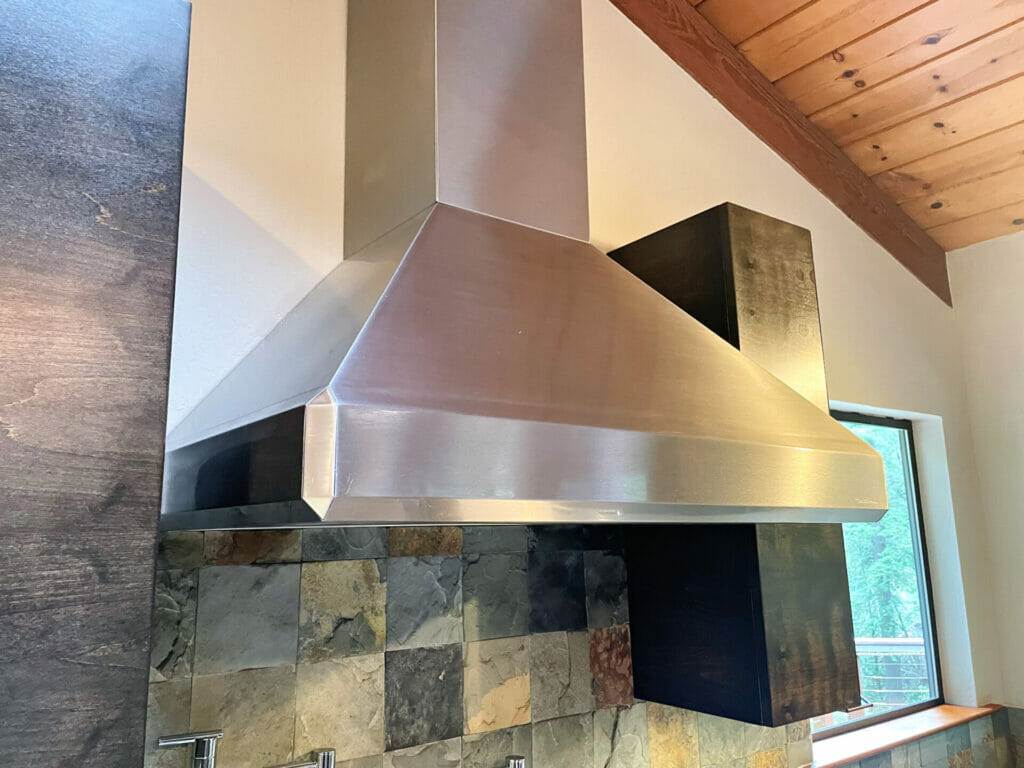
Conclusion
In conclusion, deep cleaning your hood is highly beneficial for several reasons. Firstly, it significantly improves air quality by removing built-up grease, grime, and potential allergens. This results in a healthier and more hygienic environment for both cooking and living. Secondly, it prevents the risk of fire hazards due to excessive grease accumulation in the hood’s filters and ductwork. Regular deep cleaning also prolongs the life of your hood system by ensuring optimal performance and reducing wear on its components. Lastly, maintaining a clean hood contributes to an aesthetically pleasing kitchen space, enhancing your overall cooking experience.
